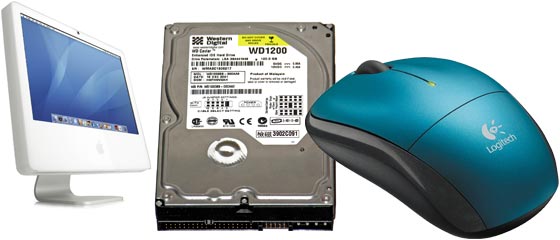 ![[Header]](../XuShared2/Line3.jpeg)

Add a Comment (Go Back to OJB's Blog Search Page) They're Taking Over!Entry 1809, on 2016-08-31 at 12:43:48 (Rating 2, Computers) As an IT professional and technology enthusiast I generally feel quite positive about advances where computers become better than humans at yet another thing. Many people thought that a computer would never beat a human at chess, but now it is accepted that computers will always be better. When our silicon creations beat us at chess we moved on to another, more complex, game, Go. But now computers have beaten the world champion at that too. And in the process made a move that an expert described as "beautiful and mysterious".
So what's next? Well how about one of the most esteemed jobs in our society and one which most people, who don't really understand what is going on, might say would be the last that a mere machine could tackle. I'm talking about law, and even the top tier of the legal profession: being a judge.
Before I start on that I would like to make an important distinction between the approach to the two games above: Chess and Go. Most computers solve Chess problems by using brute force, that is considering millions of possible moves and counter-moves and taking the move that leads to the best outcome. But that wasn't practical for Go so the program instead learns how to play by playing against other players and against itself. It really could be said to be learning like a human would and that is the approach future AI will probably use.
An experiment was done in the UK which replicated court cases and compared the AI's decision with a judge's. The computer agreed with the judge in 31 out of the 32 cases - maybe the judge got the last case wrong!
Computers do well evaluating complex and technical areas such as international trade dispute law, but are also useful for more common laws, such as divorce and child custody. Plus computers are much better and faster at doing the research tasks that law firms currently use legal professionals for. Another highly rated job that won't exist much longer maybe?
An expert has stated that creating a computer system that can answer all legal questions is easy, but getting that system used in most societies (which might be quite resistant to change) is the difficult part!
I find the idea of replacing lawyers and judges with computers quite appealing for a few reasons. First, traditionally it has been poorly paid manual workers who have been at threat of being replaced so it is nice to see society's elite aren't immune. Second, there are so many cases of terrible decisions being made by judges that having an unbiased computer do the work instead seems like a potentially good idea. And third, if highly rate jobs like these can be replaced then the idea of replacing other jobs becomes easier (the medical profession will be next).
It all sounds quite exciting, as long as you can get over the rather obsolete idea that all humans should exist just to work. But there are a few more unsettling possibilities which are also being tested now. One is to predict whether people convicted of crimes are likely to re-offend in future. There are already claims that this system is biased against blacks. Unfortunately the algorithm in use is secret so no one can ever know.
And that brings me to what is maybe the key point I want to make in how I think this technology should be implemented. Allowing computers to control important aspects of our society, like law, needs to be transparent and accountable. We cannot trust corporations who will inevitably hide the details of what their programs do through copyright and patents. So all the code needs to be open source so that we all know exactly what we are getting.
Many people will just deny that the computer takeover I am describing can happen, and many will say that even if it can happen we shouldn't let it. I say it can happen and it should happen, but only if it is done properly. Private business has no place in something so critical. We need a properly resourced and open public organisation to do this work. And everything they do should be completely open to view by anyone.
If we do this properly the computer takeover can be a good thing. And yes, I know this is a cliche, but I will say it: I, for one, welcome our silicon overlords!
 There are no comments for this entry. 
You can leave comments about this entry using this form. To add a comment: enter a name and email (both optional), type the number shown above, enter a comment, then click Add.
Note that you can leave the name blank if you want to remain anonymous.
Enter your email address to receive notifications of replies and updates to this entry.
The comment should appear immediately because the authorisation system is currently inactive.
![[Comments]](../XuShared/Comment1B.jpeg) ![[Preview]](../XuShared/Comment6B.jpeg) ![[Blog]](../XuShared/Up2B.jpeg)
|

![[Comments]](../XuShared/Comment1B.jpeg)
![[Preview]](../XuShared/Comment6B.jpeg)
![[Blog]](../XuShared/Up2B.jpeg)